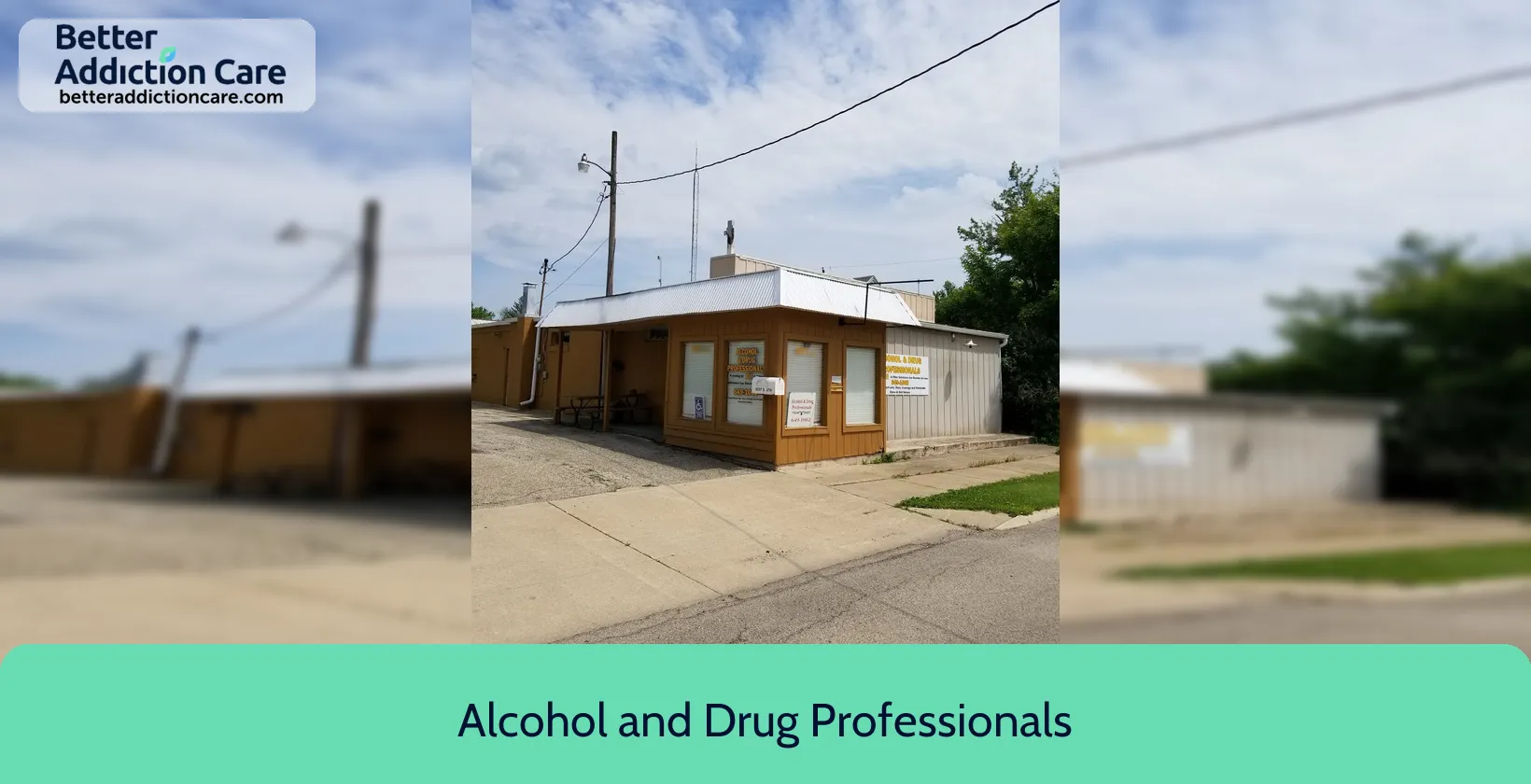United in Jesus Outreach Ministries 135 North Avenue A

Overview
United in Jesus Outreach Ministries 135 North Avenue A is a substance abuse treatment center for people seeking treatment near Fulton County. As part of their treatment modalities for recovery, United in Jesus Outreach Ministries 135 North Avenue A provides cognitive behavioral therapy, substance use disorder counseling, and contingency management/motivational incentives during treatment. United in Jesus Outreach Ministries 135 North Avenue A is located in Canton, Illinois, accepting cash or self-payment for treatment.
United in Jesus Outreach Ministries 135 North Avenue A at a Glance
Payment Options
- Cash or self-payment
Assessments
- Screening for tobacco use
- Comprehensive substance use assessment
- Interim services for clients
- Screening for substance use
- Professional interventionist/educational consultant
Age Groups
- Seniors or older adults
- Adolescents
- Young adults
- Seniors
Ancillary Services
- Case management service
- Specially designed program for DUI/DWI clients
- Social skills development
Highlights About United in Jesus Outreach Ministries 135 North Avenue A
6.71/10
With an overall rating of 6.71/10, this facility has following balanced range of services. Alcohol Rehabilitation: 8.00/10, Drug Rehab and Detox: 6.00/10, Insurance and Payments: 6.00/10, Treatment Options: 6.85/10.-
Alcohol Rehabilitation 8.00
-
Treatment Options 6.85
-
Drug Rehab and Detox 6.00
-
Insurance and Payments 6.00
Treatment At United in Jesus Outreach Ministries 135 North Avenue A
Treatment Conditions
- Alcoholism
- Substance use treatment
Care Levels
- Outpatient
- Regular outpatient treatment
- Aftercare
Treatment Modalities
- Cognitive behavioral therapy
- Substance use disorder counseling
- Contingency management/motivational incentives
- Motivational interviewing
- Relapse prevention
Ancillary Services
Special Programs
- Clients with co-occurring mental and substance use disorders
- Criminal justice (other than DUI/DWI)/Forensic clients
- Pregnant/postpartum women
Get Help Now
Common Questions About United in Jesus Outreach Ministries 135 North Avenue A
Contact Information
Other Facilities in Canton

7.03

6.80
DISCLAIMER: The facility name, logo and brand are the property and registered trademarks of Alcohol and Drug Professionals, and are being used for identification and informational purposes only. Use of these names, logos and brands shall not imply endorsement. BetterAddictionCare.com is not affiliated with or sponsored by Alcohol and Drug Professionals.
